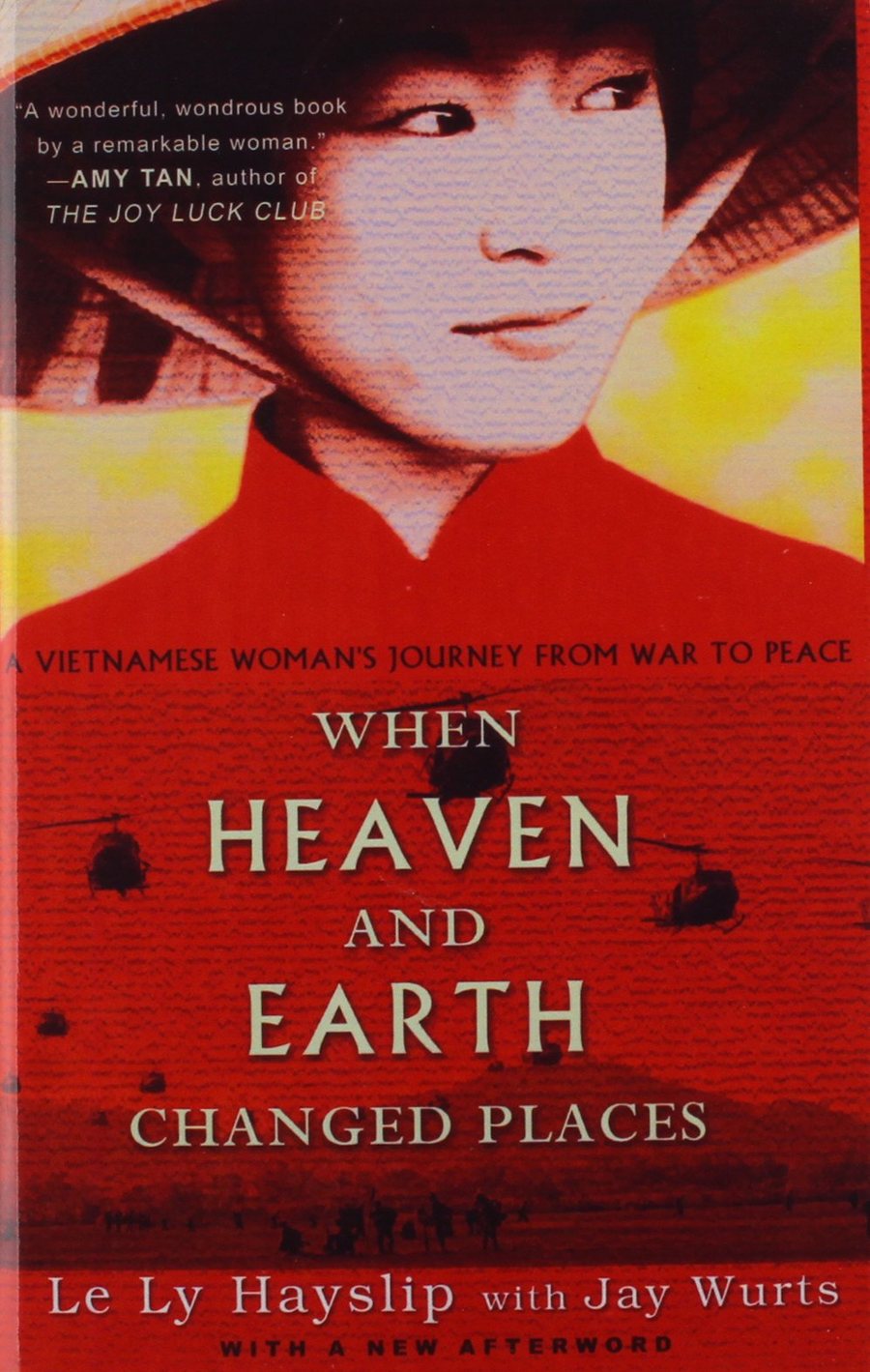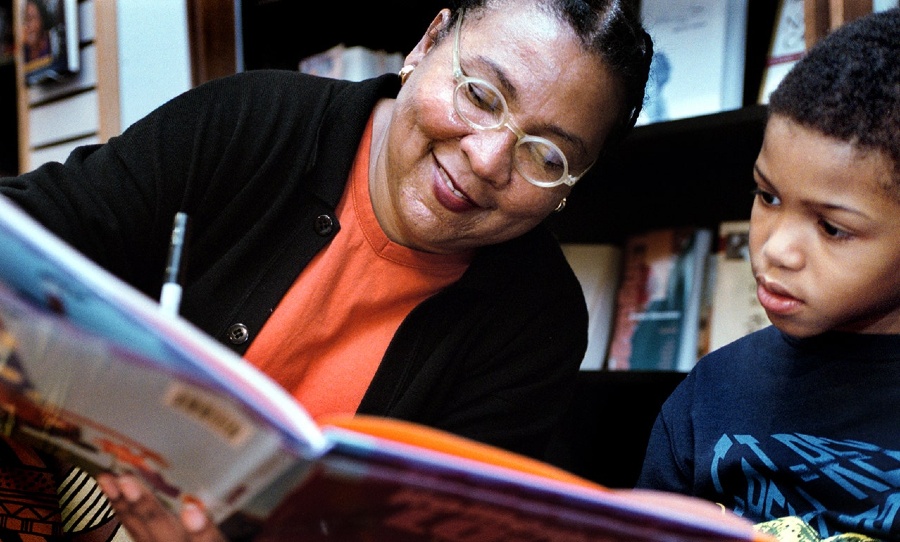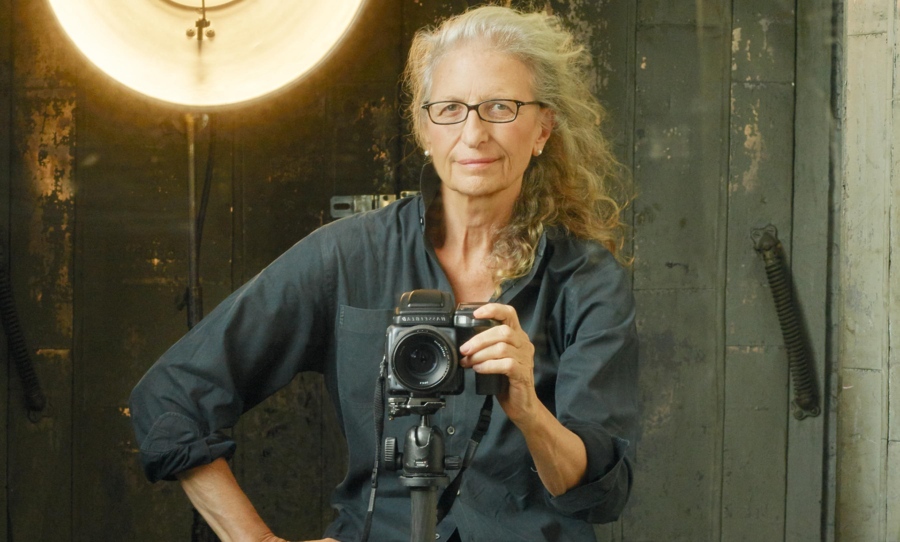The ’80s was a time of political upheaval, reflection, and feminism. We’ve collected the best non-fiction books of the era.
The non-fiction books of the 1980s were an interesting manifestation of the political events of the era. The emergence of intersectional feminism, political revolutions and war, and the rapid advancement of technology were at the forefront of both a global audience, and non-fiction writers’, minds.
While they were almost 30 years ago, the ’80s were a hugely transformative period. In the spirit of reflection, we’ve compiled a list of the best non-fiction books from the era.
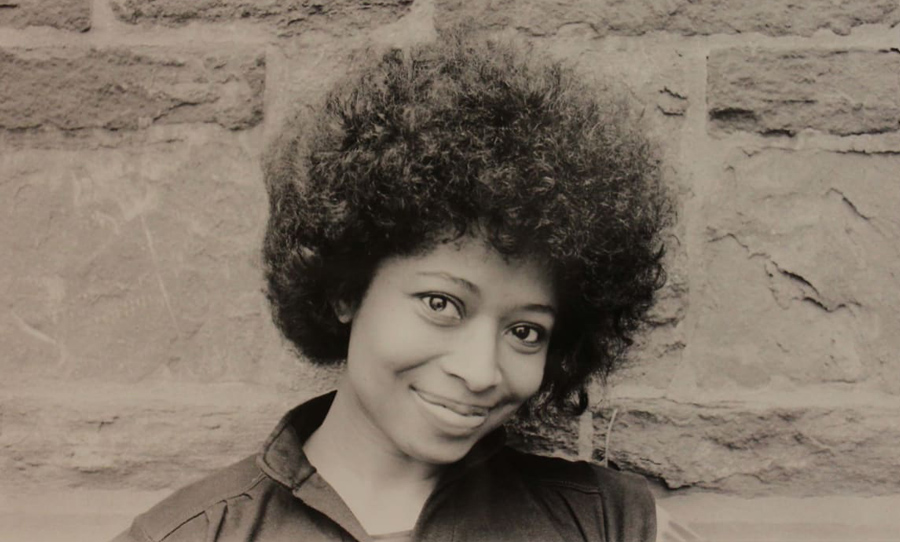
Ain’t I a Woman? – bell hooks (1981)
Named after a speech delivered by abolition, temperance, and civil and women’s rights activist Sojourner Truth in 1851, Ain’t I a Woman? is considered one of the most groundbreaking works of intersectional Black feminist literature. Written by renowned feminist author bell hooks, the non-fiction book examines the correlation between race and gender in the marginalisation of Black women in American society. It discusses this theme in the context of the Civil Rights Movement, as well as the feminist movement — from suffrage in ’20s to the second wave in the ’70s.
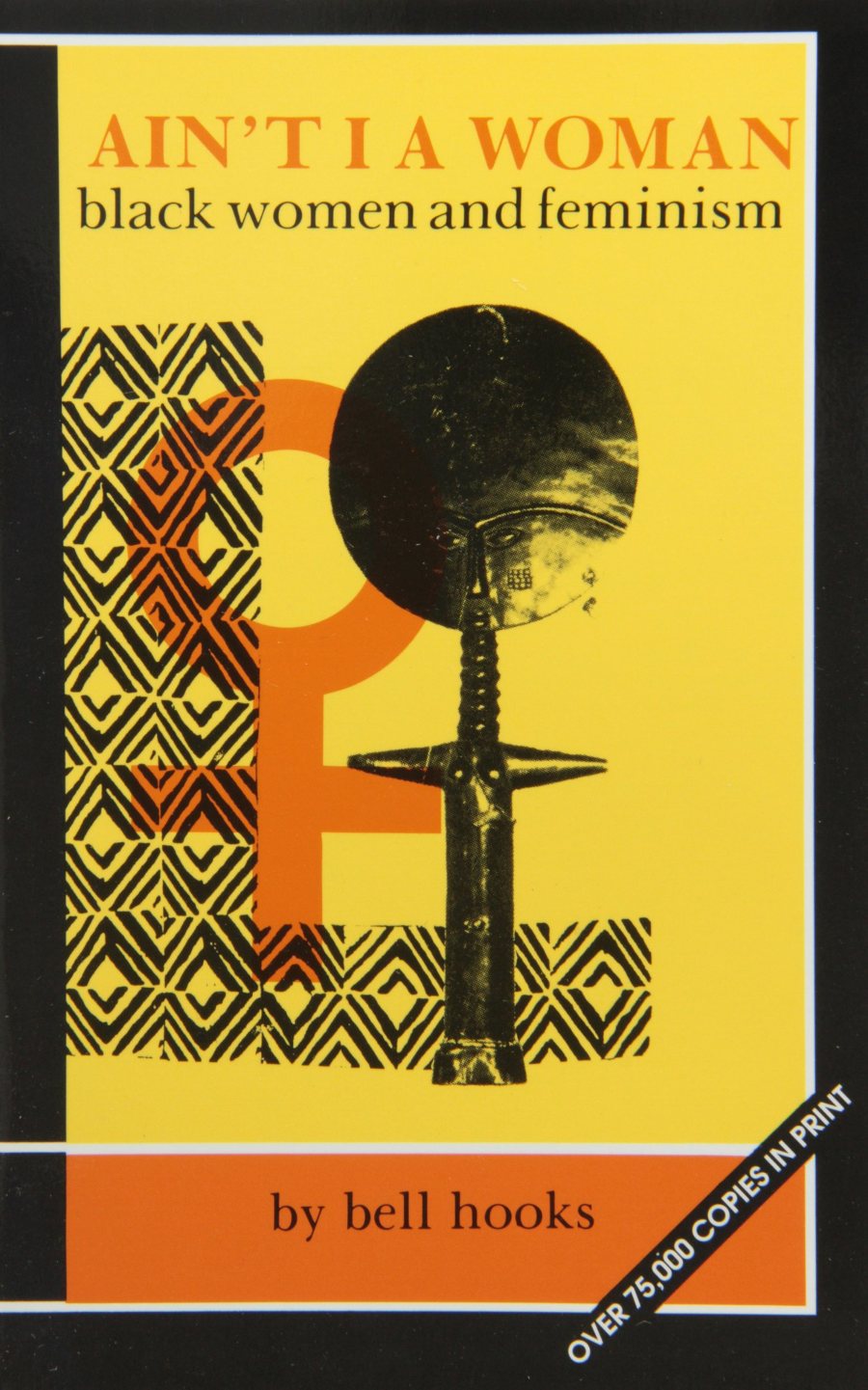
This Bridge Called My Back: Writings by Radical Women of Color – edited by Cherríe Moraga and Gloria E. Anzaldúa (1981)
Published by Persephone Press, This Bridge Called My Back, is a feminist anthology edited by Chicana writers Cherríe Moraga, and Gloria E. Anzaldúa. It centres the experiences of women of colour and their intersectional identities, countering the exclusionary narrative of white feminism. By incorporating race, class and sexuality into their essays on feminism, as well as being written by a group of Black, Native American, Asian American, and Latina Americans, This Bridge Called My Back was one of the most influential works to discuss the relationship between minorities and multiple points of marginalisation.
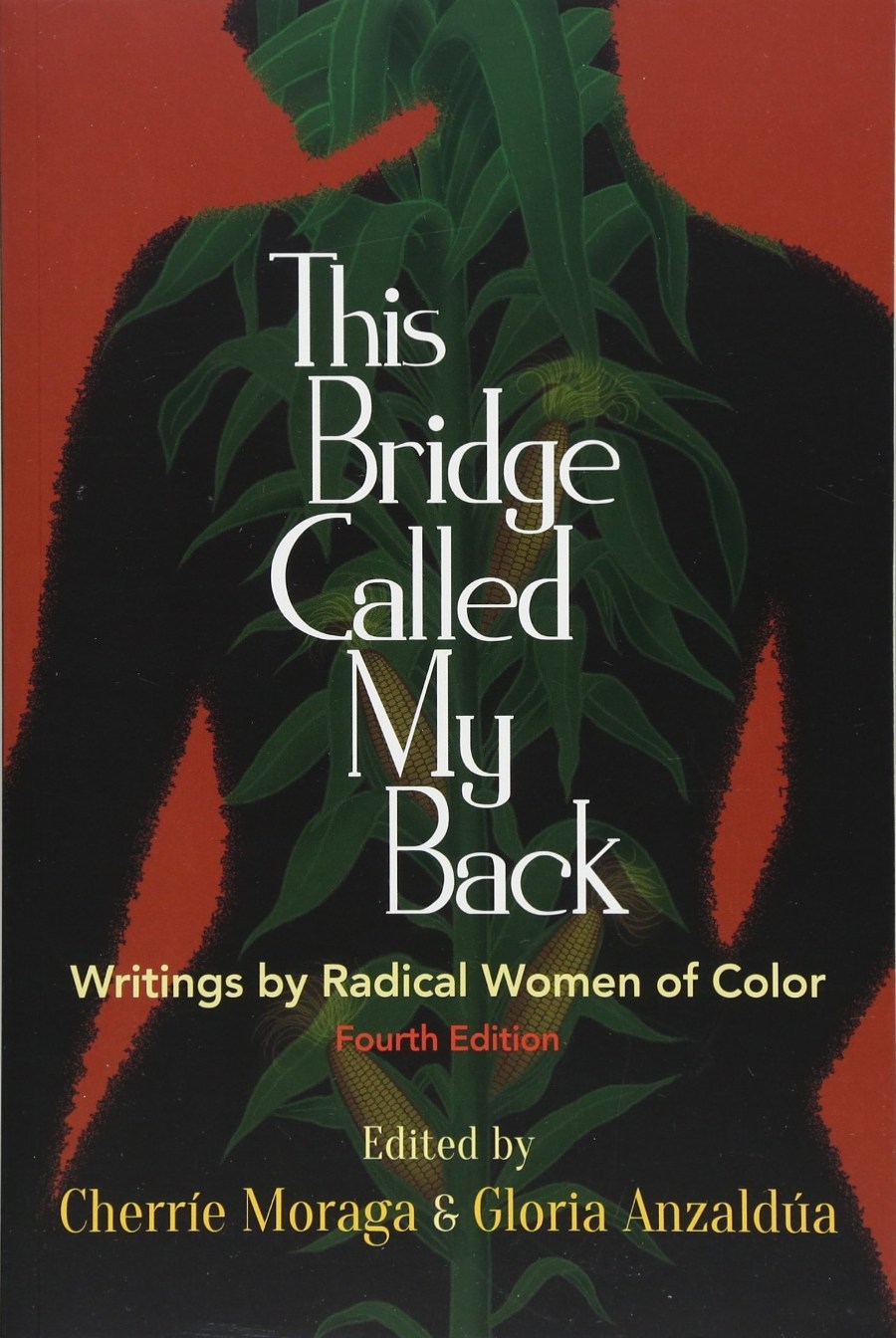
Shah of Shahs – Ryszard Kapuscinski (1982)
Despite being of Polish origin, Ryszard Kapuscinski’s position as a foreign correspondent for a Polish news agency allowed him to witness civil unrest in many Asian, African and Middle-Eastern countries. Shah of Shahs is dazzling example of Kapuscinski’s expert reportage, focusing on the Iranian revolution. The non-fiction book is imbued with novelistic descriptions of the decline and fall of the tyrannical regime of Mohammad Reza Pahlavi, the last Shah of Iran. An important book to understand the history behind the underpinnings of modern-day Iran, Shah of Shah’s is an exquisitely detailed account of the violent transition of power to the Ayatollah Khomeini.
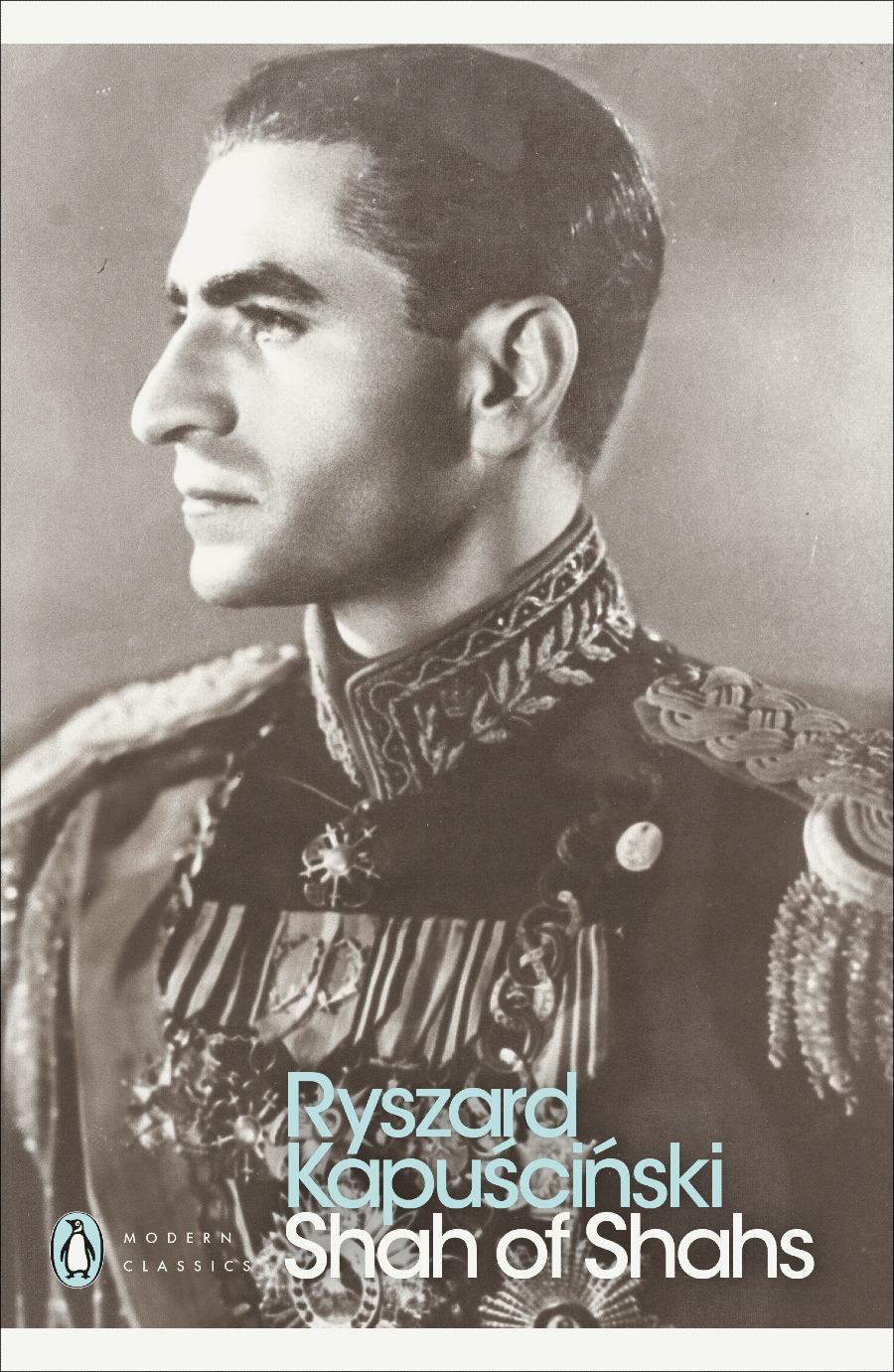
Alan Turing: The Enigma – Andrew Hodges (1983)
Alan Turing: The Enigma is an expansive biography of the titular British mathematician. Known as the cryptologist whose Enigma machine helped decipher Germany’s top-secret World War II code, Alan Turing: The Enigma details the life and work of one of the most important figures in the development of computer science and artificial intelligence. The book also discusses Turing’s outward homosexuality, which rendered him a criminal and subject to humiliation, despite his enormous scientific achievements.
Andrew Hodges’ non-fiction book has been widely critically acclaimed, with Time Out describing it as being “of exemplary scholarship and sympathy. Intimate, perceptive and insightful, it’s also the most readable biography [I’ve picked up] in some time,” and The New Yorker declaring it “one of the finest scientific biographies ever written.” Hodges’ biography was also the basis of the Oscar-nominated film, The Imitation Game.

In Search of Our Mothers’ Gardens – Alice Walker (1983)
As acclaimed African-American novelist Alice Walker’s first work of non-fiction, In Search of Our Mothers’ Gardens is a series of 36 prose pieces — essays, statements, reviews, speeches, etc. — that explore womanist theory: defined by Walker as “a black feminist or feminist of color. From the black folk expression of mother to female children and also a woman who loves other women, sexually and/or nonsexually. Appreciates and prefers women’s culture. Committed to survival and wholeness of entire people, male and female. Womanist is to feminist as purple is to lavender.”
The non-fiction, memoir-style book paints a complex portrait of the widely celebrated writer as a mother, feminist, and a Black woman — revealing crucial insight into Walker’s influences, motivations, politics and life.
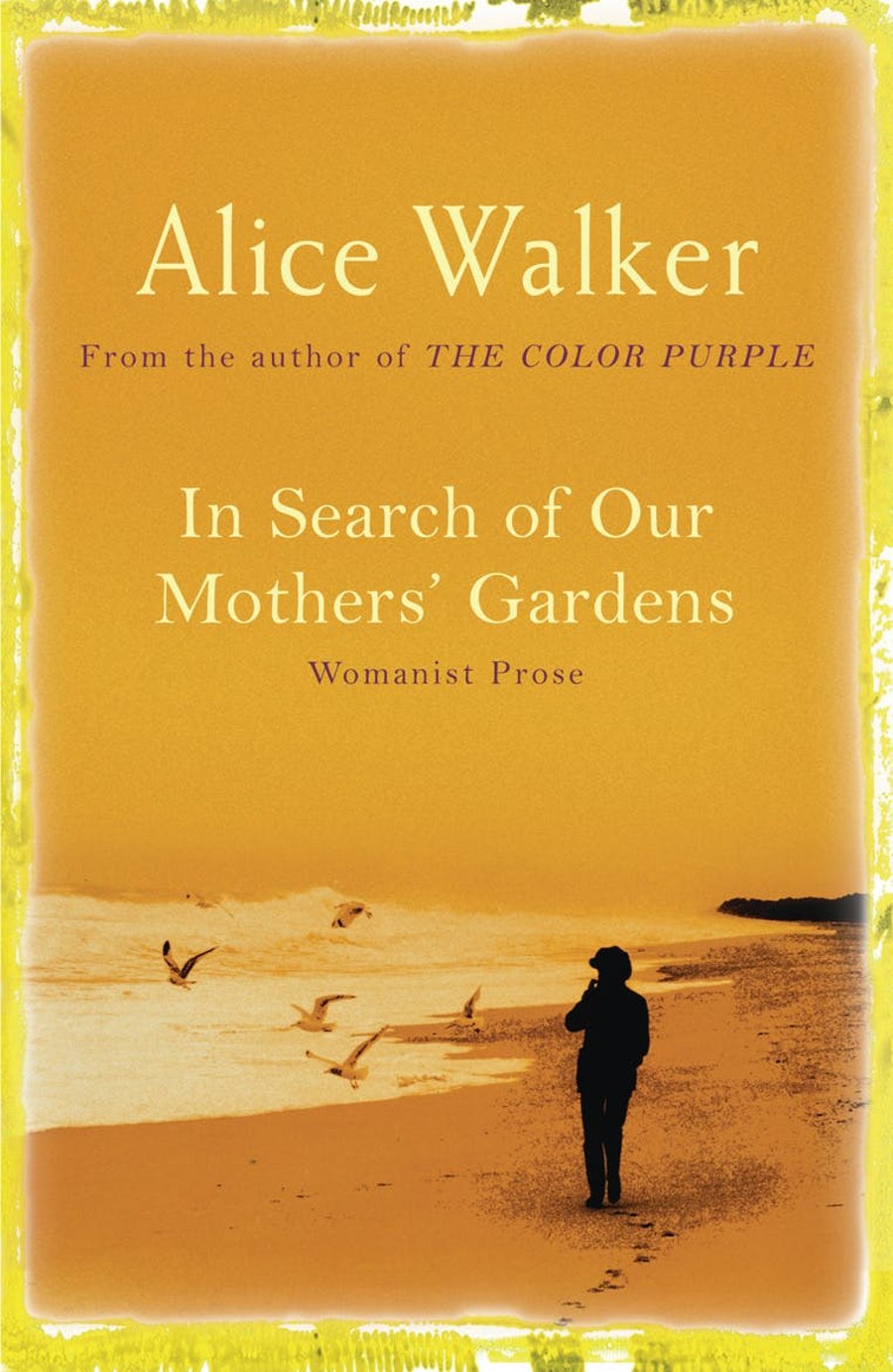
Hackers: Heroes of the Computer Revolution – Steven Levy (1984)
Divided into three main sections — MIT hackers in the 1950s and ’60s, home brew hardware culture on the American west coast in the 1960s and ’70s; game hackers and The Sierra Network — Steven Levy’s non-fiction book details the underground computer revolution in the 20th century that shaped modern computer technology.
In a review by The New York Times, Hacker is described as gathering “a remarkable collection of characters… – from the hacker who, purely for the challenge, programmed a computer to be ”an expensive typewriter” (or what turned out to be one of the first word processors) to the demon telephone hacker, Captain Crunch, who discovered that when one blew the whistle that came in the breakfast cereal of that name, the result was the precise 2,600-cycle tone that the phone company used to shuffle long-distance traffic over its lines.”
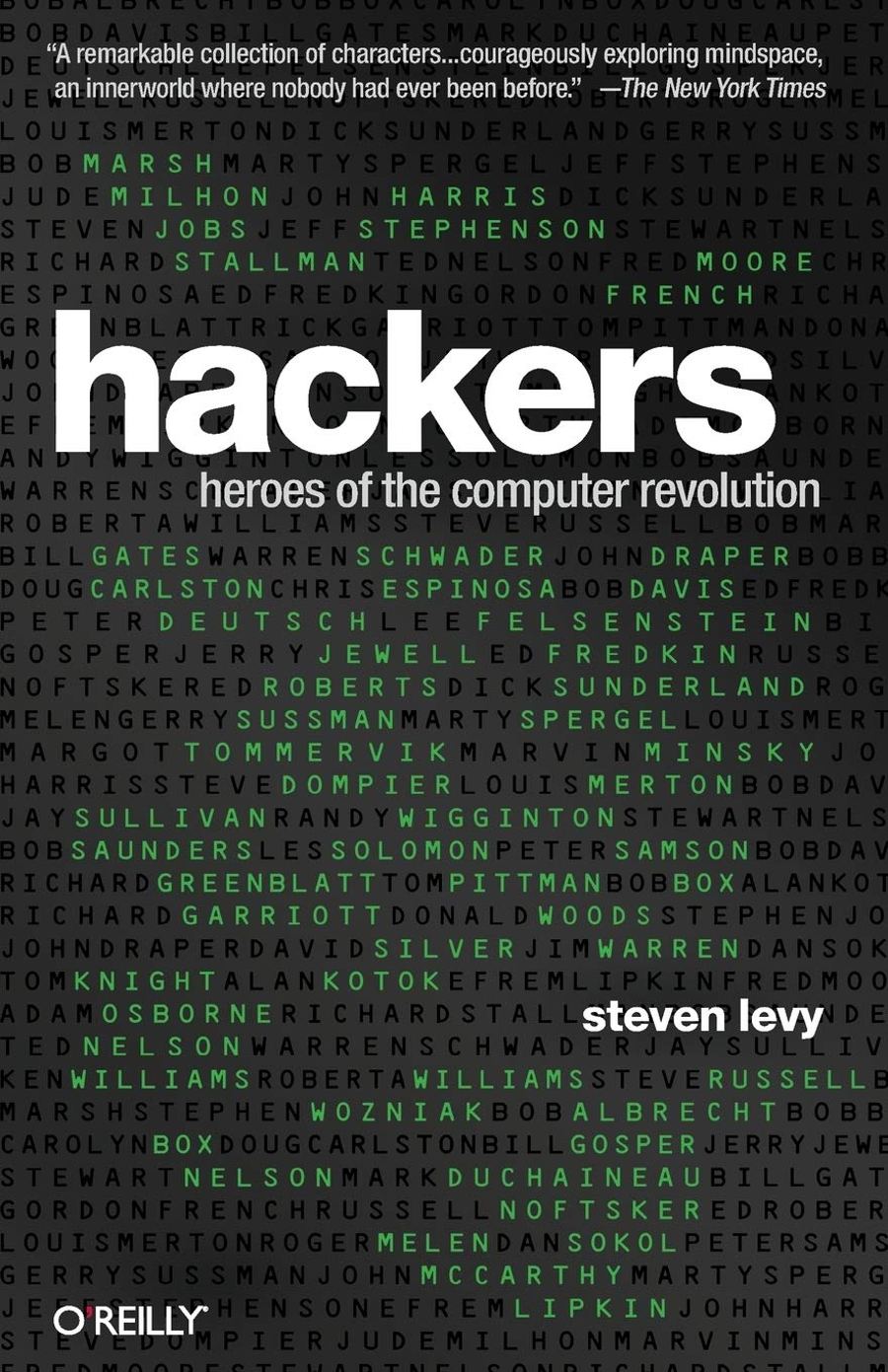
…the Heavens and the Earth: A Political History of the Space Age – Walter A. McDougall (1985)
The Heavens and the Earth is a remarkable examination of the complex politics that underpinned the Space Race. Heavily researched using published literature, archival sources in both the United States and Europe, interviews with many of the key participants, and important declassified material, such as the National Security Council’s first policy paper on space, Walter A. McDougall’s non-fiction book is an expansive study of “technocracy” and its implications on modern attitudes towards space history and politics.
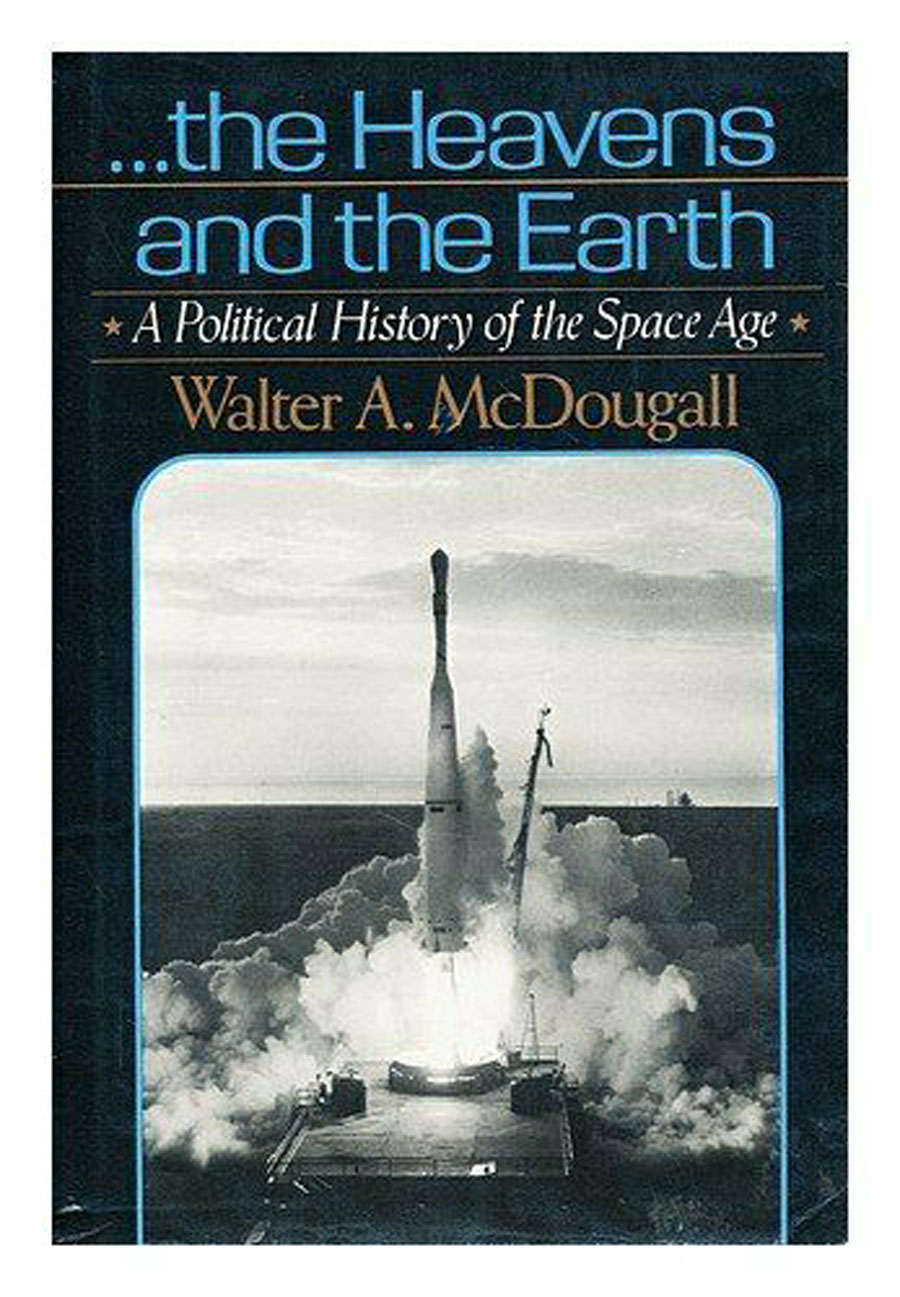
Move Your Shadow: South Africa, Black and White – Joseph Lelyveld (1985)
Having won the 1986 Pulitzer Prize for General Non-Fiction, Move Your Shadow is a critically-acclaimed study of the complex racial politics that dominated South Africa in the 1980s, from the perspective of Joseph Lelyveld’s position as liberal, White journalist. Inevitably, the material is dated, but still remains a valuable resource for deconstructing the history, ideology and politics that imbued the Apartheid policy at the time.
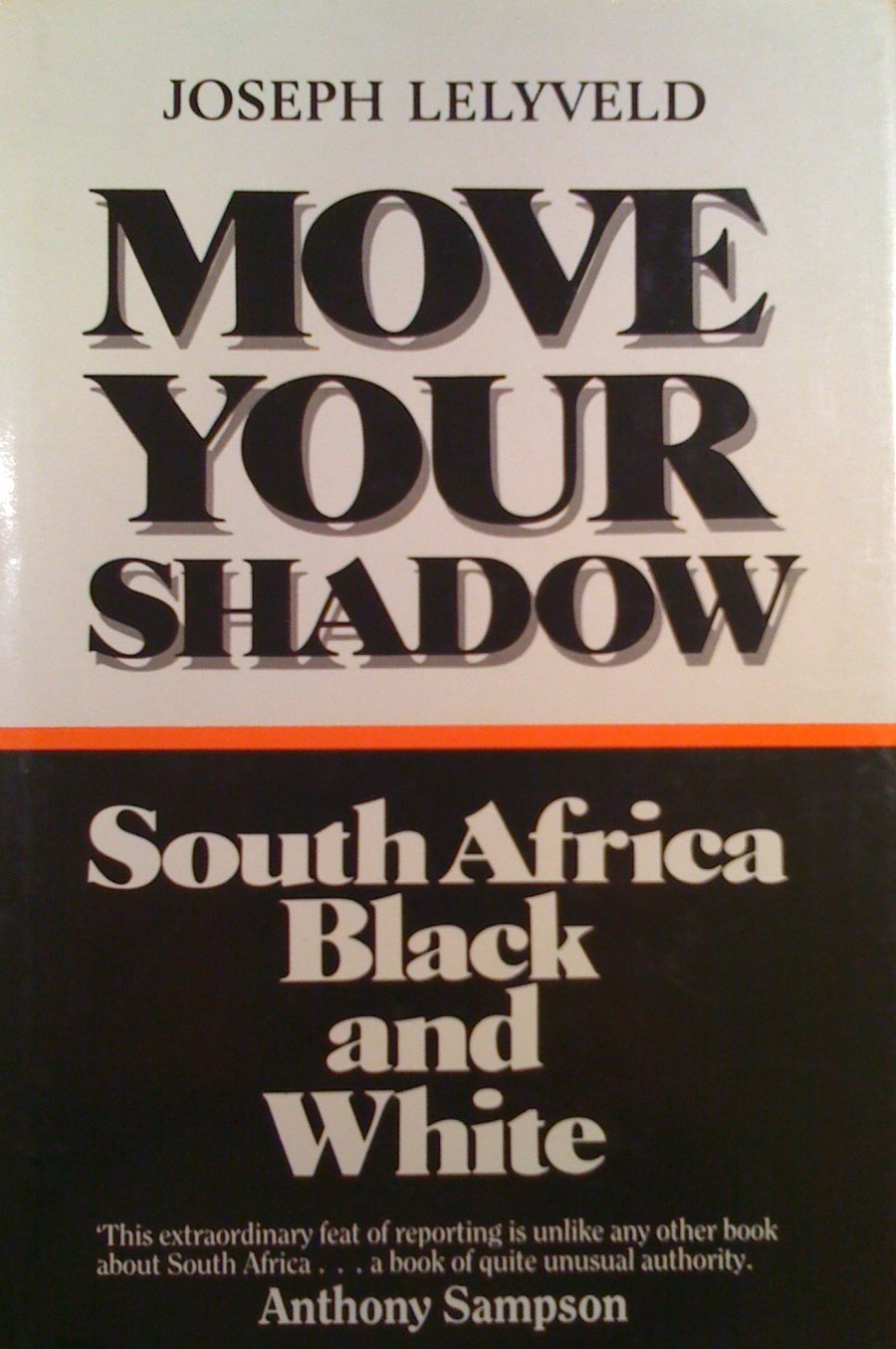
The Making of the Atomic Bomb – Richard Rhodes (1986)
Described by The New York Times as “[a] book [of] a major work of historical synthesis that brings to life the men and machines that gave us the nuclear era. Rich in drama and suspense, ”The Making of the Atomic Bomb” also has remarkable breadth and depth, revealing new connections, insights and surprises.”
Richard Rhodes’ non-fiction book is rich in human, political, and scientific detail, and one of the most expansive accounts of the history of the Manhattan Project. The Making of the Atomic Bomb is one of the comprehensive books written on one of mankind’s most destructive, yet most legendary, scientific achievements.
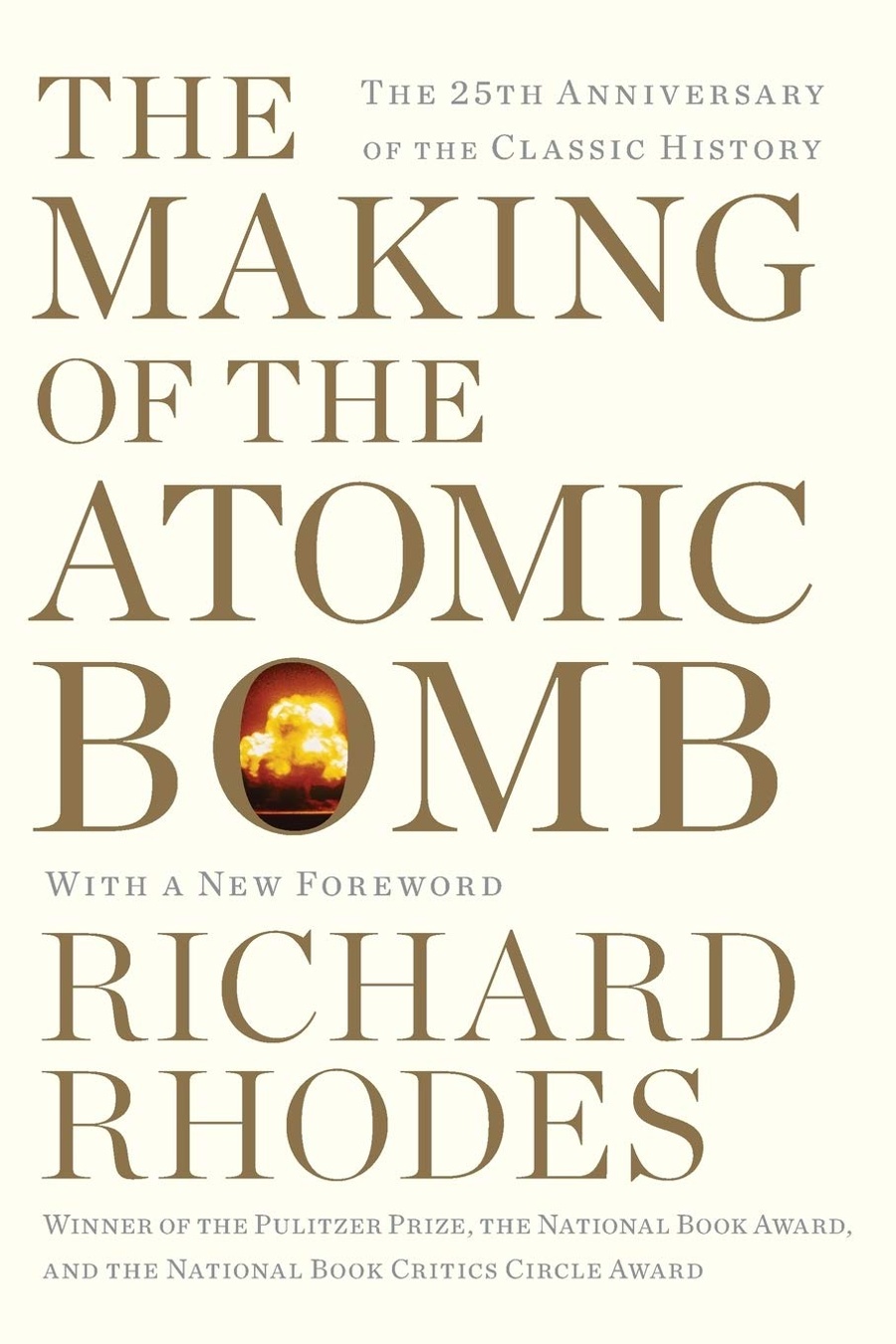
Chaos: Making a New Science – James Gleick (1987)
Notable science historian James Gleick’s debut non-fiction book, Chaos: Making a New Science is an introduction to the principles and early development of the chaos theory, written specifically for the general public. From Edward Lorenz’s discovery of the Butterfly Effect, to Mitchell Feigenbaum’s calculation of a universal constant, to Benoit Mandelbrot’s concept of fractals, which created a new geometry of nature, Gleick’s book traverses the historical touch points of scientific discovery to produce a work that lays bare the future of scientific innovation.
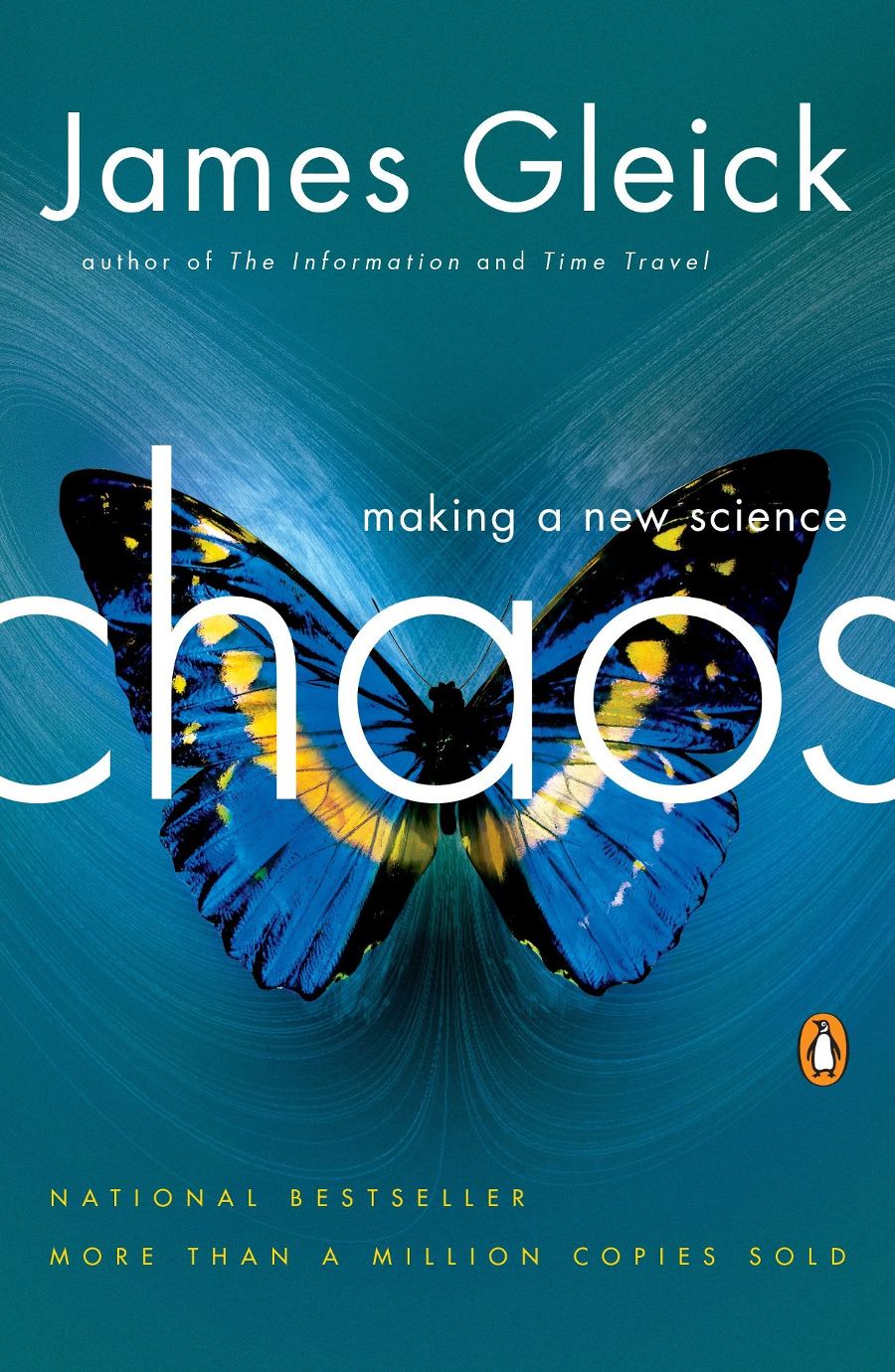
A Brief History of Time – Stephen Hawking (1988)
Similar in tone to Chaos: Making a New Science, renowned physicist Stephen Hawking’s A Brief History of Time is a non-fiction, popular science book. Written for individuals with no prior knowledge of physics, A Brief History of Time details the study of the universe i.e. theoretical cosmology. As claimed by Penguin Books, “to this day A Brief History of Time remains a staple of the scientific canon, and its succinct and clear language continues to introduce millions to the universe and its wonders.”
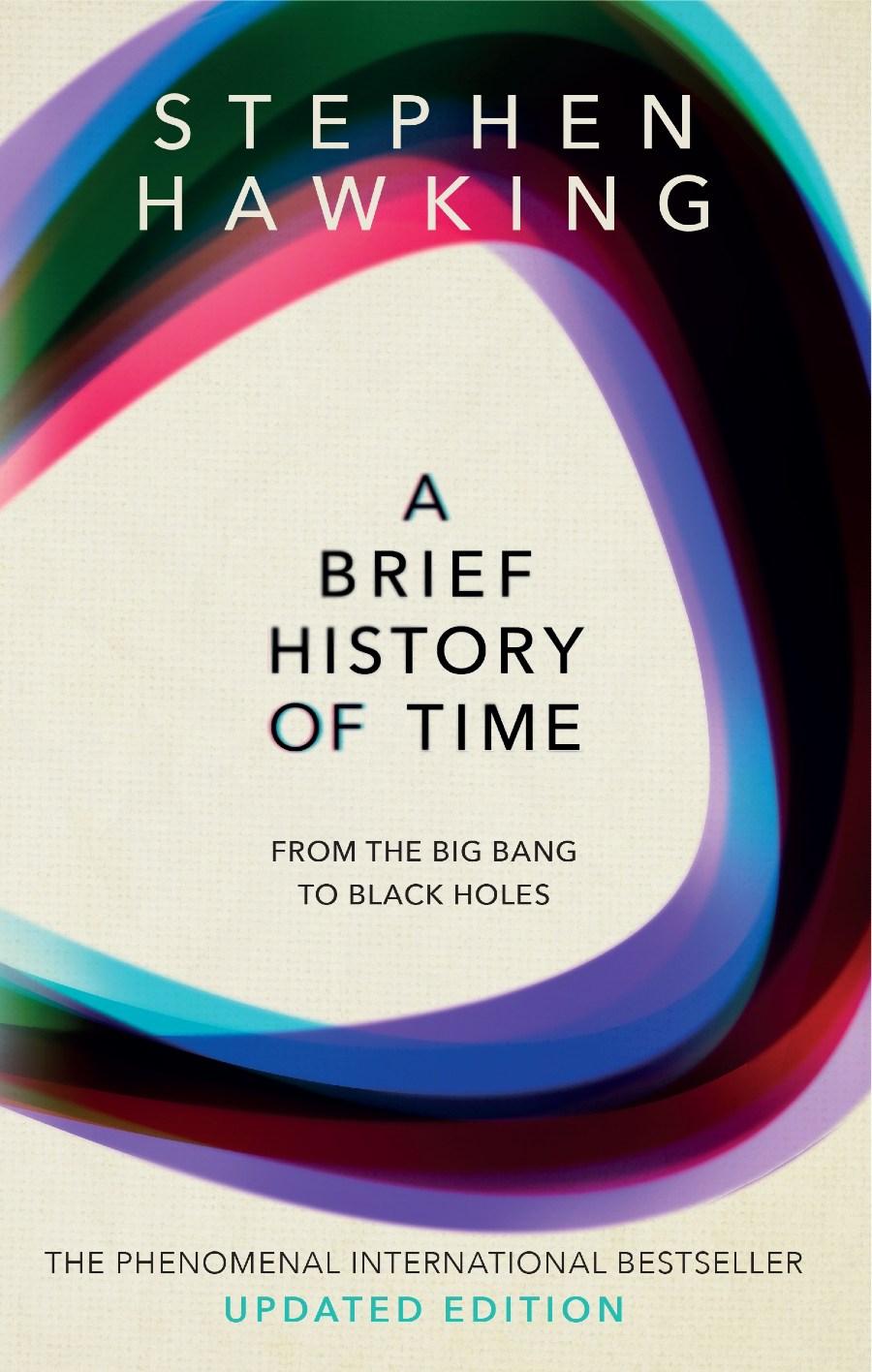
Battle Cry of Freedom: The Civil War Era – James M. McPherson (1988)
A Pulitzer Prize-winning work, Battle Cry of Freedom is an expansive volume on the American Civil War. At 800+ pages, James M. McPherson’s non-fiction book is an incredibly comprehensive, extensively researched work that begins with the Mexican-American War, the Dred Scott decision, the Lincoln-Douglas debates, and John Brown’s raid on Harper’s Ferry.
Covering all the major events that preceded the American Civil War, one of the country’s bloodiest, most brutal conflicts. With the precision of an experienced historian, McPherson delves into the cultural, political, economic, and social landscapes of the period and how they culminated in the decision by the South to attempt to leave the Union.
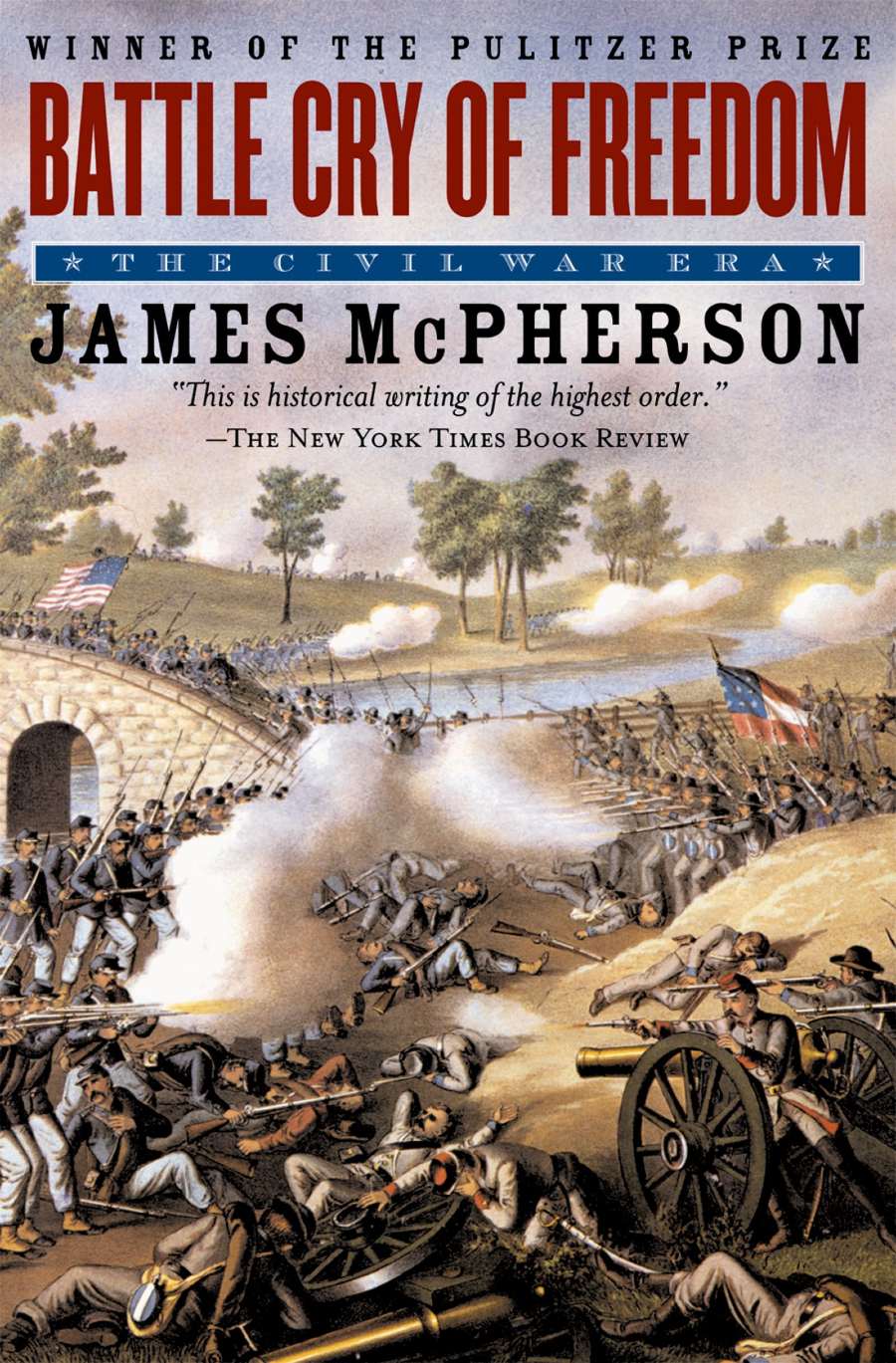
From Beirut to Jerusalem – Thomas Friedman (1989)
As a reporter for UPI and The New York Times, Thomas Friedman was stationed in Beirut from 1979 to 1984, and in Lebanon from 1984 to 1989. From Beirut to Jerusalem is a comprehensive account of his experiences during this time; writing with an intense evocation of “the sometimes horrifying, sometimes wondrous cities, for which, he says, nothing in his life had prepared him,” Friedman’s non-fiction constructs a portrait of the Arab-Israeli conflict in unmatched depth.
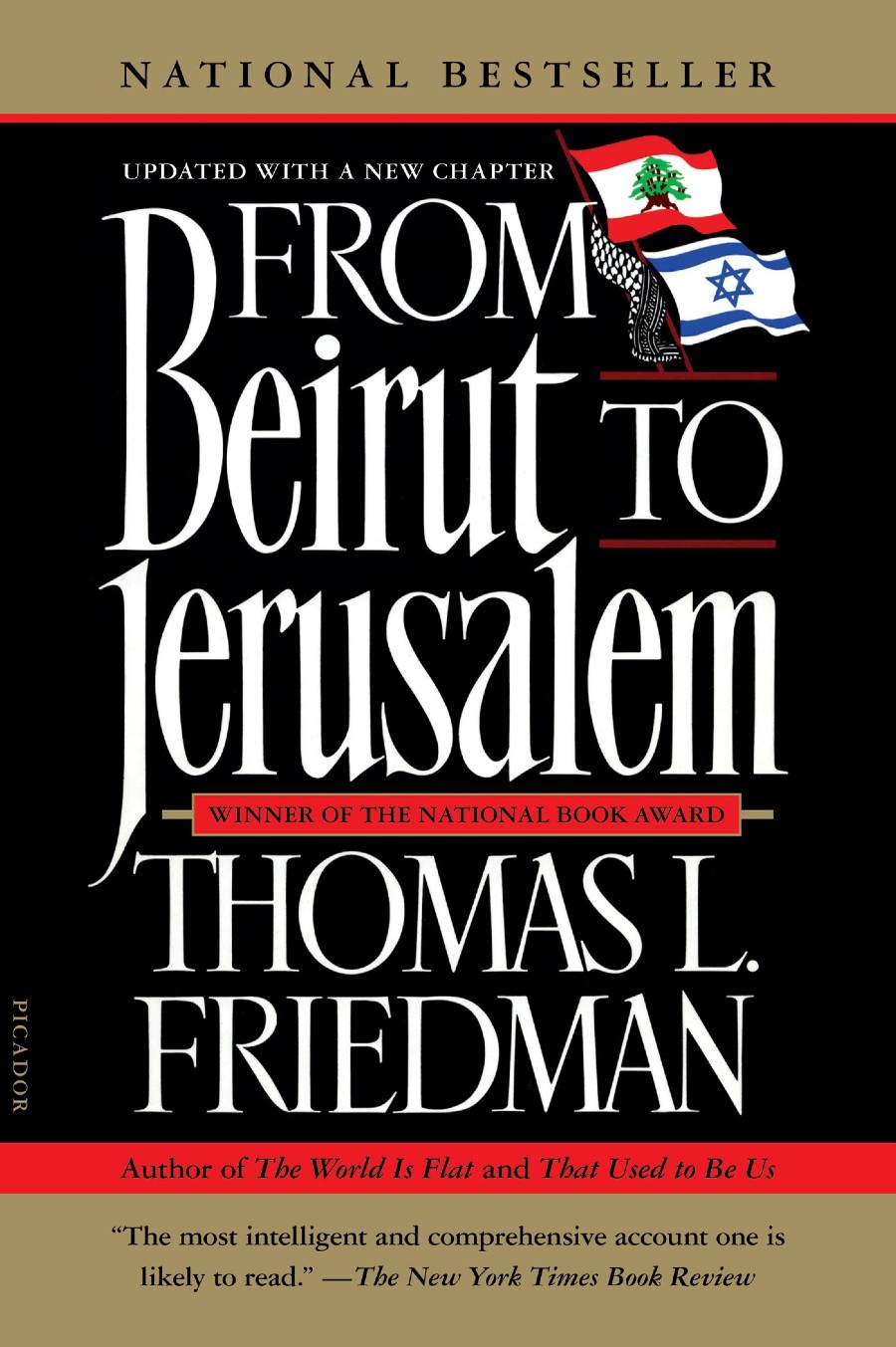
In Xanadu: A Quest – William Dalrymple (1989)
In Xanadu follows William Dalrymple on the 700-year-old path originally taken by Marco Polo from the Church of the Holy Sepulchre in Jerusalem to the site of Shangdu (also known as Xanadu), China. One of the finest examples of travel writing, Dalrymple’s journey is narrated with humour and wonder, but most beautifully, joy — in particular, the joy of travelling as a young person. After all, the non-fiction book was originally written when the author was 22.

When Heaven and Earth Changed Places – Le Ly Hayslip (1989)
When Heaven and Earth Changed Places is a beautiful memoir, written by Le Ly Hayslip about her childhood growing up in the throes of the Vietnam War, her emigration to the United States, and her eventual, decades-later return to her homeland. The non-fiction book provides a profound examination of the horrors of the war from the perspective of the Vietnamese civilians, whose lives were irrevocably uprooted by the devastation of the conflict.
